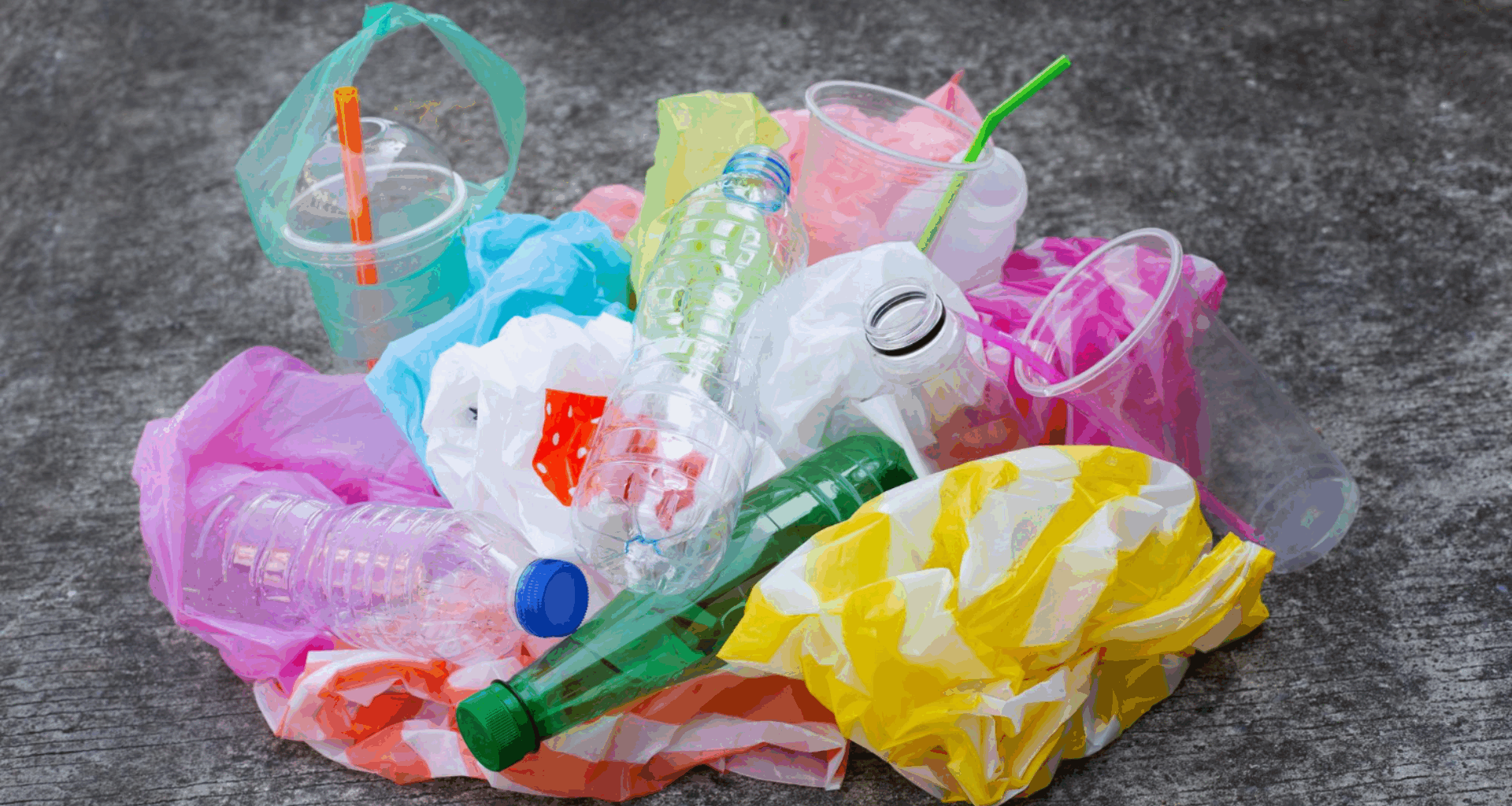Addressing the global plastic waste crisis has become more urgent than ever, as the majority of discarded plastics are still incinerated for energy recovery, contributing to pollution, while only a small fraction is properly collected and effectively recycled into new materials.
In response, Professor Kotohiro Nomura and his team at Tokyo Metropolitan University have developed a highly efficient method to selectively depolymerize PET from bottles and textile wastes. Their approach uses alcohols in combination with an inexpensive, widely available iron catalyst, offering a sustainable and practical solution.
The technique now opens new avenues for the targeted chemical conversion of polyester, representing a crucial step toward advancing circular economy practices and reducing the environmental impact of plastic waste.
Sustainable techniques could improve polyester waste conversion
Polyester, especially PET, is a common plastic used in bottles, textiles, carpets, and curtains. While PET bottles are often recycled through collection and reuse, the resulting material is usually lower in quality than the original.
This has made chemical recycling – breaking the ester bonds to recover the original chemical building blocks – an increasingly important goal. Traditional methods, however, require high temperatures and large amounts of acids or bases, making them costly and environmentally challenging. Thus, researchers have been seeking a simpler, cheaper, and greener way to recycle PET efficiently.
The study by the Japanese research team, published in ACS Sustainable Resource Management, demonstrates a simple, acid- and base-free method to chemically recycle PET waste from bottles and textiles. Using an iron catalyst with alcohols, the process selectively breaks down PET into valuable terephthalic acid derivatives – dimethyl terephthalate (DMT), diethyl terephthalate (DET), and bis(hydroxyethyl) terephthalate (BHET) – with yields of 99.7% to 99.9%, even at scale. Adding a tiny amount of amine enhances catalytic activity without reducing selectivity, offering a highly efficient and environmentally friendly approach to PET depolymerization.
Mild-temperature iron catalyst offers greener approach
The researchers found that a catalyst system made from iron(III) chloride (FeCl3) – an inexpensive and widely available material – combined with a small amount of a specific amine showed outstanding catalytic performance.
The system efficiently depolymerized PET waste at relatively mild temperatures between 120 and 180 ºC, offering a practical, cost-effective, and environmentally friendly alternative to conventional chemical recycling methods that typically require harsher conditions. This approach also showcases the potential of simple iron-based catalysts for scalable and selective PET recycling.
The new method also allows for the selective depolymerization of PET even when mixed with cotton and other types of plastics, demonstrating its versatility in handling complex waste streams. By enabling the exclusive chemical recycling of PET from various plastic wastes, this approach provides a practical and efficient pathway to recover valuable chemical building blocks.
Furthermore, such advancements offer a promising strategy for promoting a circular economy, reducing plastic pollution, and turning widely discarded materials into reusable resources for industrial applications.

